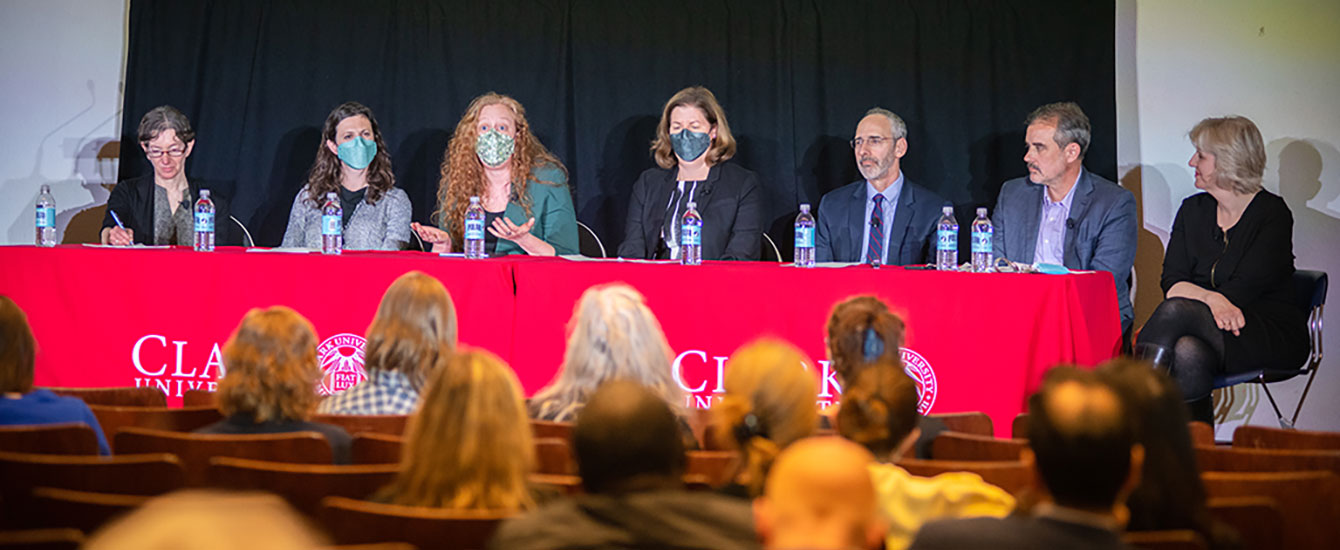Political Science
Gender and negotiation: Some experimental findings from an international negotiation simulation
Document Type
Article
Abstract
Increasingly, scholars have taken note of the tendency for women to conceptualize issues such as security, peace, war, and the use of military force in different ways than their male counterparts. These divergent conceptualizations in turn affect the way women interact with the world around them and make decisions. Moreover, research across a variety of fields suggests that providing women a greater voice in international negotiations may bring a fresh outlook to dispute resolution. Using experimental data collected by the GlobalEd Project, this article provides substantial support for hypotheses positing that females generate significantly different processes and outcomes in a negotiation context. These findings occur both in terms of female negotiation behavior and the impact of females as negotiation facilitators/mediators. © 2009 International Studies Association.
Publication Title
International Studies Quarterly
Publication Date
3-18-2009
Volume
53
Issue
1
First Page
23
Last Page
47
ISSN
0020-8833
DOI
10.1111/j.1468-2478.2008.01522.x
Keywords
gender relations, negotiation process
Repository Citation
Boyer, Mark A.; Urlacher, Brian; Hudson, Natalie Florea; Niv-Solomon, Anat; Janik, Laura L.; Butler, Michael J.; Brown, Scott W.; and Ioannou, Andri, "Gender and negotiation: Some experimental findings from an international negotiation simulation" (2009). Political Science. 35.
https://commons.clarku.edu/faculty_political_science/35



